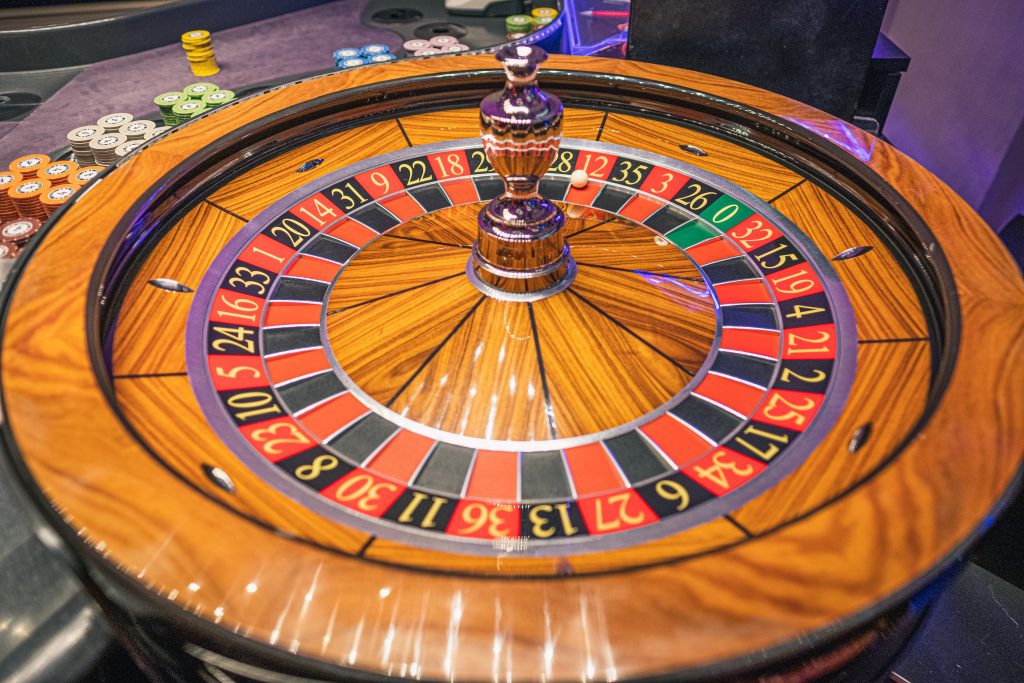
Responsibility in gambling is the cornerstone of sustainable play. It’s not about the cards you’re dealt but how you manage the game. These principles guide a path to enjoyment that respects the boundaries of play.
Understand the Odds
Gambling involves risk and uncertainty. It’s vital to recognize that the odds are generally in favor of the house. This awareness helps in making informed decisions. Acknowledging the inherent house advantage in most games can lead to a more realistic approach to gambling. It’s not about pessimism but about having a clear view of the situation.
Set Limits and Stick to Them
Before gambling, decide on an amount you’re comfortable losing and stick to this limit. This approach helps maintain control over your finances and ensures that gambling remains a form of entertainment, not a financial burden. Setting a time limit for gambling sessions is equally important. This practice helps prevent the quick loss of control that can occur with continuous play.
Embrace a Mindful Approach
When you take responsible gambling seriously, it becomes a part of your overall strategy for safe play. This means consistently evaluating your gambling habits, setting realistic limits for time and money, and staying aware of your emotional state while gambling. It’s a commitment to making informed decisions and seeking help when needed to ensure that gambling remains a positive activity.
Avoid Chasing Losses
A common pitfall in gambling is the urge to recover lost money by continuing to play. This strategy often leads to increased losses and can escalate into a cycle of chasing losses. Accepting losses as part of the game and resisting the temptation to ‘win back’ what’s lost are key aspects of responsible gambling.
Take Breaks and Balance Gambling with Other Activities
Regular breaks during gambling sessions can help maintain perspective and decision-making clarity. Balancing gambling with other activities ensures it doesn’t become the sole focus of leisure time. Engaging in varied hobbies and interests contributes to a balanced lifestyle and reduces the risk of gambling becoming a problematic behavior.
Recognize the Signs of Problem Gambling
Being aware of the signs of problem gambling is critical. These can include spending more money or time gambling than intended, struggling to stop or control gambling habits, and gambling causing stress or conflict in personal relationships. Recognizing these signs early can lead to prompt action, such as seeking help or adjusting gambling habits. Awareness is a key step in preventing gambling from becoming a harmful activity.
Utilize Gambling Control Tools
Many gambling platforms offer tools to help control gambling behavior. These can include setting deposit limits, loss limits, and self-exclusion options. Using these tools proactively can help maintain control over gambling habits. They serve as a tangible reminder of the limits set and aid in sticking to them. These tools are a practical way to ensure gambling remains within safe and manageable boundaries.
Educate Yourself About Responsible Gambling
Education is a powerful tool in responsible gambling. Understanding the nature of gambling, the odds of different games, and the psychology of gambling can provide valuable insights. This knowledge can help in making more informed choices and recognizing the tactics used in gambling environments that may encourage riskier behavior. There are numerous resources available online and through gambling awareness organizations that offer educational material on responsible gambling.
Prioritize Decision Making Over Luck

While luck plays a significant role in gambling, responsible gambling emphasizes decision-making. This involves understanding the games you choose to play, their rules, and strategies. By focusing on decisions rather than relying solely on luck, you create a more controlled and thoughtful gambling experience. This approach also helps in recognizing that not all outcomes are within your control, which is a key aspect of gambling responsibly.
Seek Support When Needed
There’s no shame in seeking support if gambling becomes overwhelming. Many organizations and support groups offer assistance to individuals struggling with gambling issues. Acknowledging when you need help and taking the step to seek it is a strong move towards responsible gambling. Whether it’s discussing with friends or family, or reaching out to professional services, getting support can provide new perspectives and effective strategies for managing gambling habits.
Reflect on Your Gambling Habits Regularly
Regular reflection on your gambling habits is vital. This involves periodically assessing whether gambling is still a source of entertainment or if it’s leading to stress or financial strain. Are you still adhering to your set limits? Is gambling affecting your daily life or relationships negatively? Honest answers to these questions are important in maintaining a responsible approach to gambling.
Conclusion
Gambling responsibly is a continuous process of mindful choices and self-awareness. By embracing these practices, individuals can enjoy gambling as a form of entertainment, balanced within their overall lifestyle.